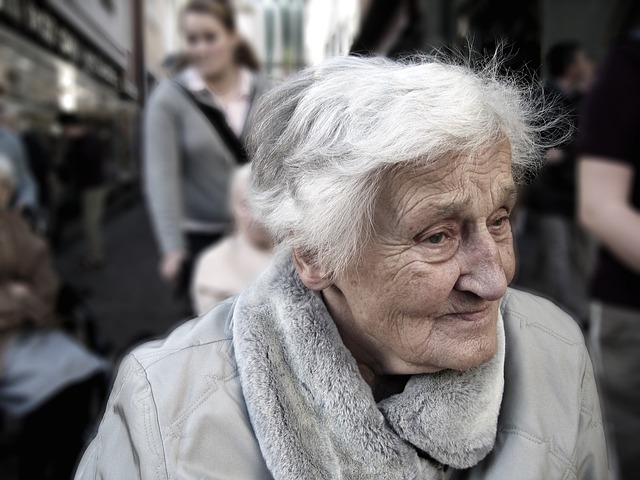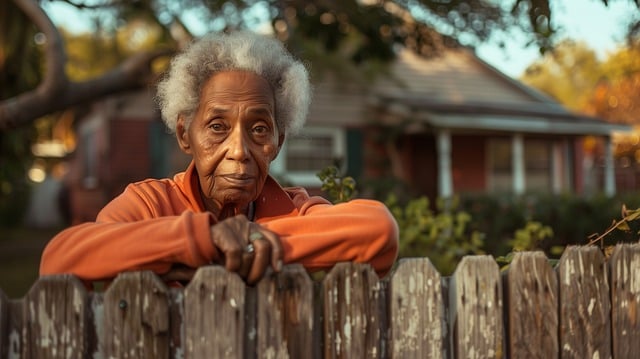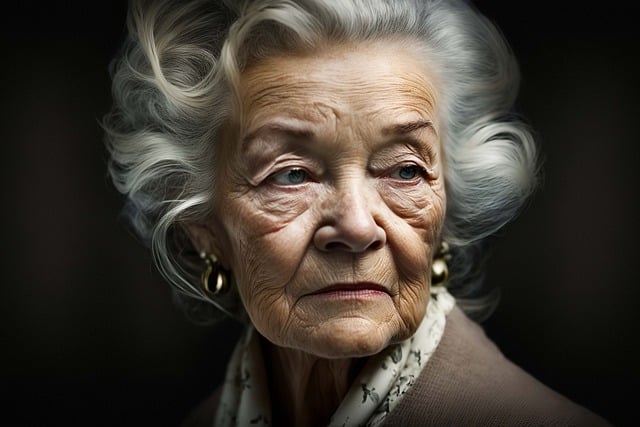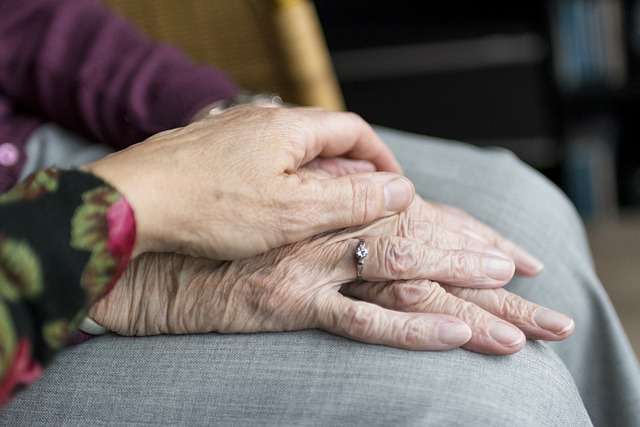Nourishing Connections: How Elderly Companion Services Elevate Meal Prep for Seniors
Elderly companion services enhance mealtime for seniors by offering customized nutritional support …….
Elderly Companion Services: Bridging the Gap for Seniors Worldwide
Introduction
In an ageing world, the demand for elderly companion services has never been greater. These services offer a lifeline to seniors who may struggle with daily tasks or feel isolated due to the loss of loved ones or mobility challenges. This comprehensive article delves into the multifaceted realm of elderly companion services, exploring their significance, global impact, economic considerations, technological advancements, and the policy landscape that shapes them. We will also examine the challenges faced, provide case studies, and look ahead to the future prospects of these vital services.
Understanding Elderly Companion Services
Elderly companion services encompass a range of support options designed to enhance the quality of life for seniors. These services can include companionship, personal care, health management, and assistance with daily activities such as meal preparation, medication reminders, and transportation. The core components of these services are tailored to meet the individual needs of elderly clients, fostering independence while ensuring safety and well-being.
Historically, elderly companion services have evolved from traditional home care to comprehensive, holistic support systems that integrate technology, healthcare, and social engagement. They represent a critical aspect of aging in place, allowing seniors to continue living in their own homes rather than transitioning to assisted living or nursing homes.
Global Impact and Trends
The impact of elderly companion services is felt across the globe as populations age and the prevalence of chronic diseases increases. Countries like Japan and Italy, with some of the highest proportions of older adults, have significant market sizes for these services. In contrast, emerging economies are witnessing a surge in demand due to rapid urbanization and changing family dynamics.
Key trends shaping the trajectory of elderly companion services include an increasing emphasis on personalized care, the integration of health monitoring technologies, and a growing recognition of the role these services play in reducing healthcare costs. The trend towards aging in place is particularly influential, with many governments adopting policies to support this model.
Economic Considerations
From a macroeconomic perspective, elderly companion services contribute to the economy by creating jobs and stimulating demand for various goods and services. Market dynamics in this sector are shaped by demographic shifts, technological advancements, and regulatory changes. Investment patterns reflect a growing interest from venture capitalists and private equity firms looking to capitalize on the aging population trend.
In terms of economic systems, these services are particularly important in market-based economies where they complement public healthcare services and social welfare programs. They also present opportunities for innovation and entrepreneurship, with startups developing new models of care and service delivery.
Technological Advancements
Technology plays a pivotal role in enhancing elderly companion services. Wearable devices for health monitoring, smart home technologies that assist with daily living activities, and telehealth platforms for remote care are just a few examples of technological advancements that have revolutionized the sector. The future potential includes AI-driven companionship, virtual reality for social engagement, and predictive analytics for personalized care plans.
Policy and Regulation
The policy and regulatory framework governing elderly companion services is complex and varies by region. In the United States, for example, regulations are set at both federal and state levels, with programs like Medicaid and Medicare offering some coverage for these services. Internationally, countries like the UK have integrated personalized care into their National Health Service (NHS), while others are still developing comprehensive policies.
Legislative frameworks often address issues of quality control, privacy, data security, and workforce standards. These regulations aim to protect vulnerable populations while ensuring the sustainability and accessibility of elderly companion services.
Challenges and Criticisms
Despite their benefits, elderly companion services face several challenges, including workforce shortages, quality assurance issues, and funding constraints. Critics often highlight the risk of exploitation or neglect within the sector, calling for stricter regulations and oversight.
To address these issues, a multi-faceted approach is needed that includes investment in training and professional development for caregivers, robust quality assurance mechanisms, and transparent reporting systems. Public awareness campaigns can also help dispel misconceptions about elderly companion services and promote their benefits.
Case Studies
Successful applications of elderly companion services around the world provide valuable insights into best practices and innovative approaches. For instance, a program in Finland that combines social engagement with health monitoring has shown positive outcomes in maintaining the independence of seniors. Similarly, tech-enabled care solutions in Singapore have enabled elders to live more comfortably at home while providing their families with peace of mind.
Future Prospects
Looking ahead, the future for elderly companion services is one of growth and innovation. The integration of AI and machine learning could lead to more personalized and predictive care models. The expansion of telehealth and remote monitoring will likely continue, allowing for more proactive management of chronic conditions.
Emerging trends such as co-housing and shared living spaces for seniors offer new possibilities for social connection and community support. Strategic considerations for the future include ensuring ethical practices, promoting inclusivity and diversity, and addressing the digital divide to ensure all elderly individuals can benefit from technological advancements.
Conclusion
Elderly companion services represent a critical component of modern healthcare and social support systems. As populations age and technology advances, these services will become increasingly important in enabling seniors to live fulfilling, independent lives. Addressing the challenges faced by the sector, learning from successful case studies, and embracing future trends will be essential for ensuring the long-term viability and success of elderly companion services worldwide.
This article provides a comprehensive overview of elderly companion services, from their historical context to future prospects. It highlights the importance of these services in the context of an aging global population and discusses the challenges and opportunities within the sector. By understanding the multifaceted nature of elderly companion services, stakeholders can work towards enhancing the lives of seniors and supporting the workforce dedicated to their care.

Elderly companion services enhance mealtime for seniors by offering customized nutritional support …….

Elderly Companion Services are vital for addressing loneliness among seniors by providing tailored …….

Elderly Companion Services offer a comprehensive solution for caregivers who need assistance with m…….

Elderly Companion Services are specialized offerings that provide tailored support for seniors, add…….

Elderly Companion Services are essential for seniors facing isolation, offering a lifeline that enh…….

Elderly Companion Services integrate light housekeeping into care packages for seniors, ensuring a …….

Elderly companion services are designed to enhance the quality of life for seniors by offering pers…….

Elderly Companion Services are crucial for seniors who wish to age in place by offering tailored su…….

Elderly Companion Services offer tailored light housekeeping solutions for seniors, focusing on the…….